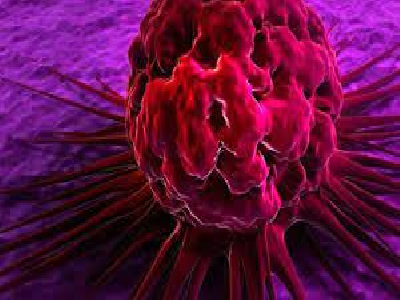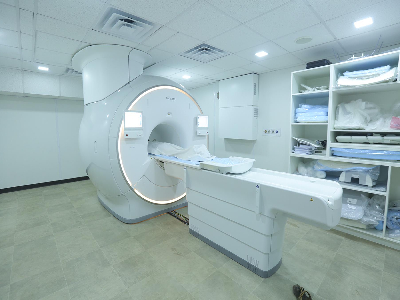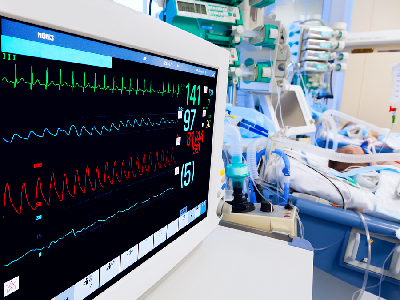
Orthopedics
Orthopedic departments deal with the diagnosis and treatment of musculoskeletal conditions. They may offer services such as joint replacements, fracture management, sports medicine, and rehabilitation.

Orthopedic departments deal with the diagnosis and treatment of musculoskeletal conditions. They may offer services such as joint replacements, fracture management, sports medicine, and rehabilitation.

Oncology departments specialize in the diagnosis and treatment of cancer. They may provide services like chemotherapy, radiation therapy, surgical oncology, and palliative care.

Multi-specialty hospitals have advanced imaging facilities, including X-ray, MRI, CT scans, ultrasound, and mammography. These services assist in diagnosing various medical conditions and aid in treatment planning.

Multi-specialty hospitals have specialized ICUs to provide critical care for patients with severe illnesses or injuries. These units are equipped with advanced monitoring systems and life-supporting equipment.
Additionally, multi-specialty hospitals may have departments for gastroenterology, neurology, nephrology, pulmonology, ophthalmology, dermatology, and other specialties.
The advantage of multi-specialty hospitals is that they offer comprehensive medical care under one roof, allowing for efficient coordination among different specialists and streamlined patient care. Patients can benefit from having access to a wide range of medical services without the need for external referrals or multiple hospital visits.
Copyright ©2025 Dr. JAIDEEP SINGH
 Dr. JAIDEEP SINGH
Dr. JAIDEEP SINGH